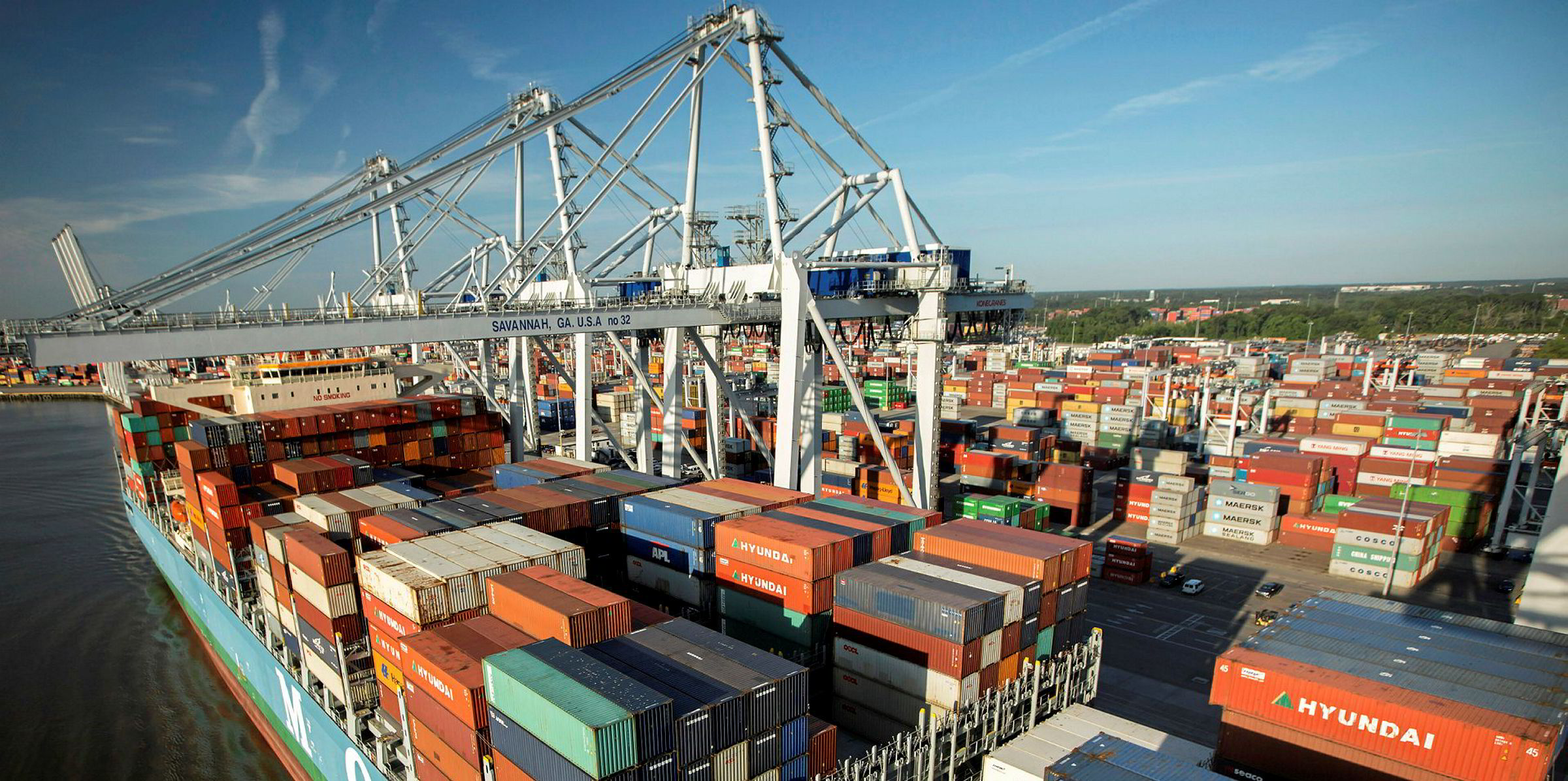Ratings agency Moody's Investors Service is warning of another Hanjin Shipping moment for shipping as it downgraded the whole industry for the first time in three years.
Economic disruption caused by the coronavirus has led the agency to change its outlook to "negative" from "stable".
In its latest report, analysts led by vice president Maria Maslovsky said shipowners' net earnings could fall between 6% and 10% in 2020 across the board.
The negative outlook primarily reflects the expected decline in Ebitda amid sharply reduced demand for container and dry bulk shipping services, as the outbreak hits Chinese manufacturing output and demand for coal and iron ore — especially during the first half of 2020.
Shipping enjoyed Ebitda growth of 40% last year but is now facing a plunge of between 25% and 30%, Moody's said.
This is similar to conditions last seen in 2016, when South Korean container line Hanjin Shipping went bust, one of the biggest failures in the sector in recent years.
Moody's outlook for shipping had been stable since May 2017.
The analysts said: "We expect the supply-demand balance to tilt toward oversupply for the container shipping and dry bulk segments, especially in the first half of this year.
"The situation is more positive for tankers at the moment, given the recent sharp drop in oil prices. We had previously expected demand and supply growth to be largely balanced across these three key shipping segments in 2020."
Moody's has revised down its 2020 baseline growth forecasts for all G20 economies, which is bad for boxships in particular.
Boxships and bulkers looking worse
"Positively for container shipping companies, the recent drop in oil prices will help offset fuel costs, especially in light of the IMO 2020 low sulphur fuel regulations that came into effect in January," the company added.
Some lines have indicated that activity in China is picking up, which is a positive, but there is also the potential for reduced commercial activity in Europe and North America as these regions battle the coronavirus.
"Although there are a number of large deliveries of new vessels anticipated in 2020, we would expect many of them to be postponed," analysts added.
The world's biggest container line, Maersk, said on Friday it was suspending profit forecasts for now due to a lack of clarity over the effects of Covid-19.
For bulkers, the slow resumption of manufacturing operations in China is a plus because it suggests improved demand for coal and iron ore, two key dry bulk commodities, the analysts argued.
In addition, port openings in China will also allow for transportation of grains, another large dry bulk commodity, they said.
"Fleet growth for dry bulk shipping companies picked up in 2019, but we expect it to reduce in 2020 through postponements, scrapping and idling," Moody's said.
Tankers holding firm
The tanker outlook remains stable, however, with negative pressure from reduced demand for oil and oil products because of the coronavirus outbreak being "unexpectedly mitigated" by the recent sharp drop in oil prices.
"Both spot and charter rates have risen significantly in the past week and are likely to remain at elevated levels through April following the announcement of discounts on oil sales by Saudi Arabia," the analysts said.
But it said the longer-term picture remains uncertain for the tanker sector and, given the global slowdown in growth, they do not expect a large increase in demand for tankers in the medium term.
On the positive side, the sector continues to benefit from scrapping related to IMO 2020.
Moody's could consider changing the outlook to "stable" if both the oversupply of vessels falls to just 2% above demand and year-over-year Ebitda growth appears likely to be between -5% and 10%.







